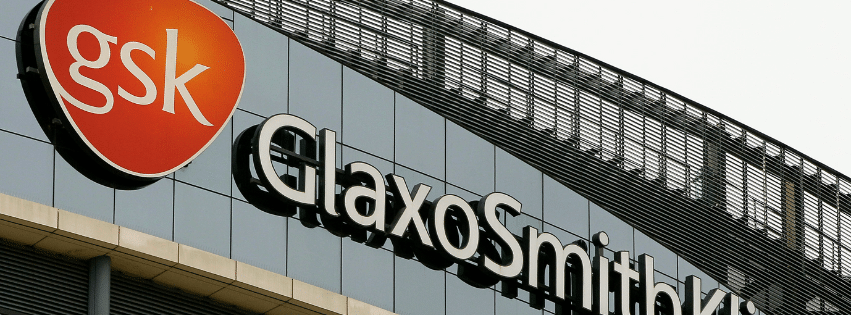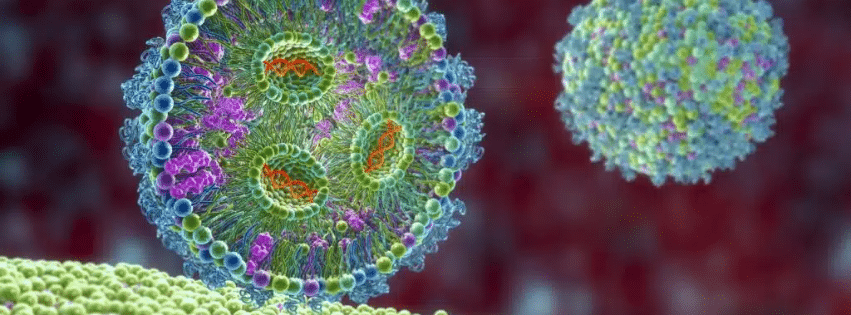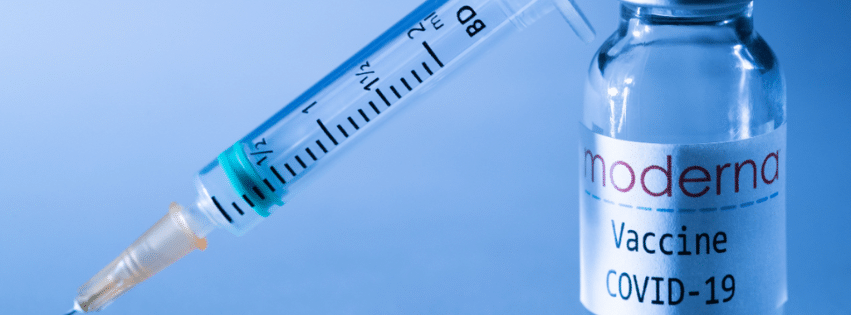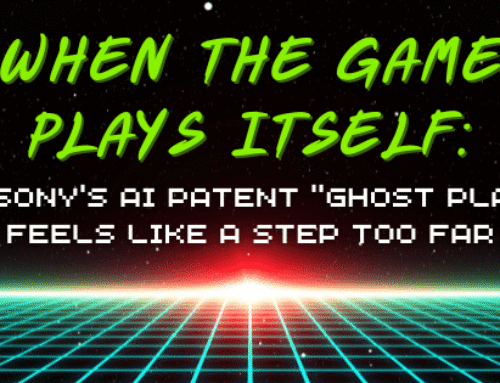GSK Intensifies Legal Battle Over Moderna’s Next-Gen COVID Vaccine
The legal fight over who owns the technology behind mRNA vaccines is heating up again. GlaxoSmithKline (GSK) is broadening its patent lawsuit against Moderna, this time targeting the company’s newest COVID-19 vaccine, mNexspike. Last year, GSK filed suit against Moderna claiming its original COVID shot, Spikevax, and its RSV vaccine, mResvia, were built using technology that GSK owns. Now, the British pharma giant has updated its complaint, filed in a Delaware federal court, to include Moderna’s latest vaccine.
So what’s at the heart of the dispute? GSK says it holds key U.S. patents on lipid mRNA formulation technology — essentially the recipe for packaging and delivering mRNA into cells. The company argues that this work was done well over a decade before the COVID-19 pandemic and became the backbone of Moderna’s vaccines.
GSK claims it inherited these patents in 2015
When it bought part of Novartis’ vaccine business. Since then, it alleges, Moderna has not only ignored those patents but also benefitted from inside knowledge by hiring former Novartis and GSK staff who worked directly on the research.
According to GSK, Moderna’s latest shot, mNexspike, uses the same mRNA makeup, lipid particles, and manufacturing methods as Spikevax, meaning it also infringes on the patents in question. Given the billions Moderna has earned from its COVID vaccine sales, GSK says it’s only fair that it receives royalties. Moderna isn’t backing down. The company has stated it feels confident in its legal case and will fight the allegations. A spokesperson said Moderna looks forward to “presenting our case and prevailing.”
This is far from the only lawsuit in the mRNA world. In fact, the field has become a maze of competing claims. GSK has also gone after Pfizer and BioNTech over their COVID shot, Comirnaty, citing similar patent issues. Just last month, GSK secured a $320 million payout from a settlement involving CureVac and Pfizer-BioNTech.
The GSK–CureVac relationship has been complicated. The two companies partnered in 2020 to work on mRNA vaccines but later restructured their deal. Things reportedly grew tense after BioNTech announced plans to acquire CureVac earlier this year.
Moderna has also been active on the legal front.
The company has sued Pfizer and BioNTech for patent infringement as well. Other biotech players — including Alnylam, Acuitas Therapeutics, and Arbutus BioPharma — are part of the growing pile of lawsuits surrounding mRNA science. Meanwhile, Moderna’s mNexspike is the latest vaccine to hit the market. The FDA approved it just a few months ago for adults 65 and older, plus younger people with health conditions like asthma or diabetes that put them at higher risk of severe COVID.
The approval was based on a phase 3 trial comparing mNexspike to Spikevax. Results showed the new vaccine worked slightly better: a 9.3% improvement in protection for people 12 and older, and an even stronger 13.5% boost in adults 65 and up. Moderna has said it expects mNexspike to be available in time for the 2025–26 respiratory virus season in the U.S.
For GSK, adding this new vaccine to its lawsuit is a way of protecting what it believes is its intellectual property — and ensuring it gets a slice of the revenue before Moderna’s next-generation shot takes off.
The stakes are high for both sides. Billions of dollars are on the line, and the outcome of these lawsuits could reshape how companies approach mRNA research and partnerships in the future. For now, the courtroom battle continues, and the biotech world will be watching closely to see how it unfolds.








